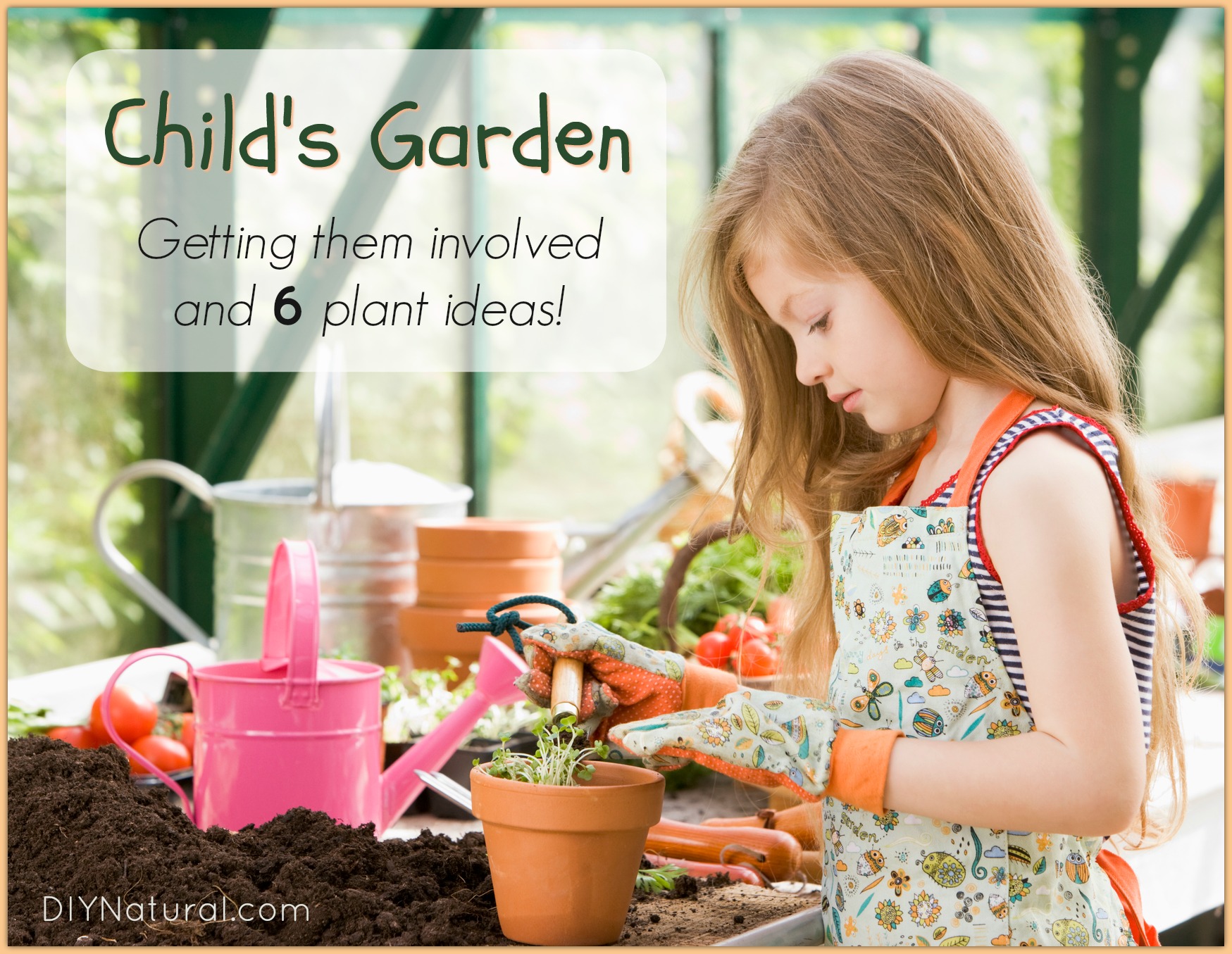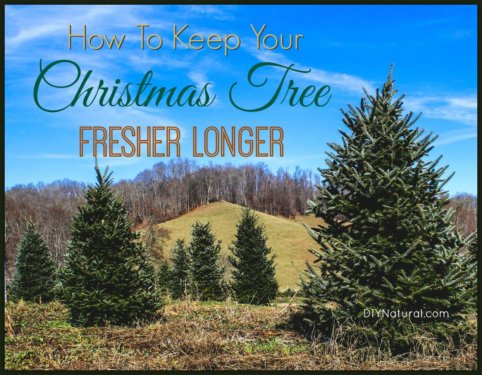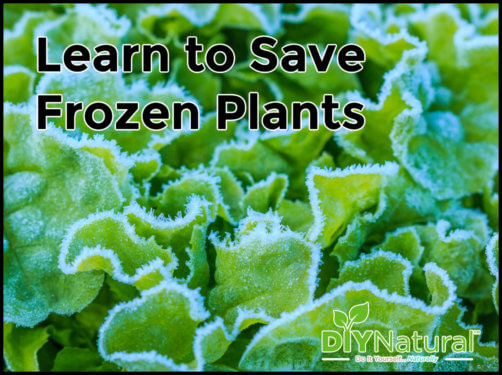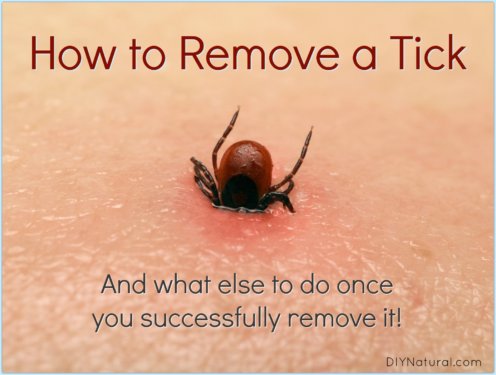
I’m often asked about how to get kids more involved with gardening. There are so many suggestions online, but what you will find are mainly activity-based. On our farm, the kids become part of the gardening because they are expected to contribute to our household. While the job comes with the home, I still want them to learn to enjoy interacting with the natural world.
Child Garden: Getting Kids Involved
I believe one of the best ways to pull kids out into the garden is to plant things that excite their senses. My children have learned about the weeds as we worked together to pull or collect them, but we also spend time just picking flowers. Getting kids involved in gardening can be very similar to getting them interested in eating fresh garden vegetables – they need to feel involved.
My kids have become avid gardeners because they know that the flowers that decorate the table, the vegetables in the bowl, and the herbs in the tea are all there because of their work. They feel proud and they enjoy the taste of these meals even more than they would otherwise.
When we plant a child garden, it is with these thoughts in mind. It isn’t just about a special area with things they might nibble. We grow all the things that might instill wonder and delight.
6 Plants for a Child Garden
Catnip (Nepeta cataria)
Catnip is one of my favorite herbs for kids. It can help to settle a stomach and soothe upset feelings – making it a good herb to use before bedtime. The other great thing is that catnip is soft and fuzzy. Kids love to rub the leaves and share some with the family cat. (Find organic catnip seeds here for planting.)
Lemon Balm (Melissa officinalis)
This delicious herb is easy to eat or make into a tea and is really important for children who often feel out of control. This gentle nerve tonic is perfect for calming down any situation and its lemony flavor makes it an easy snack. In the child garden, plants that are aromatic are a must! (Find organic lemon balm seeds here.)
Chamomile (Matricaria recutita)
This herb is so much fun to pick! It smells like pineapple and makes you feel calm and happy. Its reputation among kids is that it chases away nightmares. Pick and dry this one with your children and enjoy a tea before bed, make an herbal salve together for after the bath, or sew the flowers into a little dream pillow. Every time they see this sunny yellow flower in the garden they will be reminded that the nighttime is a safe place because of you and the chamomile flower. (Find organic German chamomile seeds here.)
Strawberries
Here at the farm if you want to keep the kids out of the strawberry patch, the only thing you can do is to plant them their own. My kids will happily weed their patch in the spring knowing that they are more easily going to see those delicious red berries when they get ripe.
Snapdragons
If there is an adult reading this who hasn’t played dragons with the head of a snapdragon flower, then you have an assignment this year. I remember my grandmother teaching me to pick off a flower and pinch just behind the “mouth” and the jaws open and shut as if the flower was an imaginary creature.
Sunflower
Sunflowers are perfect for a child garden. Grown closely together they can form a living fence around the entire area, enclosing a secret space where a child might hide to munch their way through their vegetables in private. The sunflower is sure to bring in birds and bees to watch for hours.
There are so many good plants, but beyond some of the standard, it’s great to be sure and plant your child’s favorites. My kids love carrots and tomatoes. It’s a big deal for them to contribute to snack or meal time from their very own garden.
Do you have a separate garden for your kids? What do you plant there?
*******



